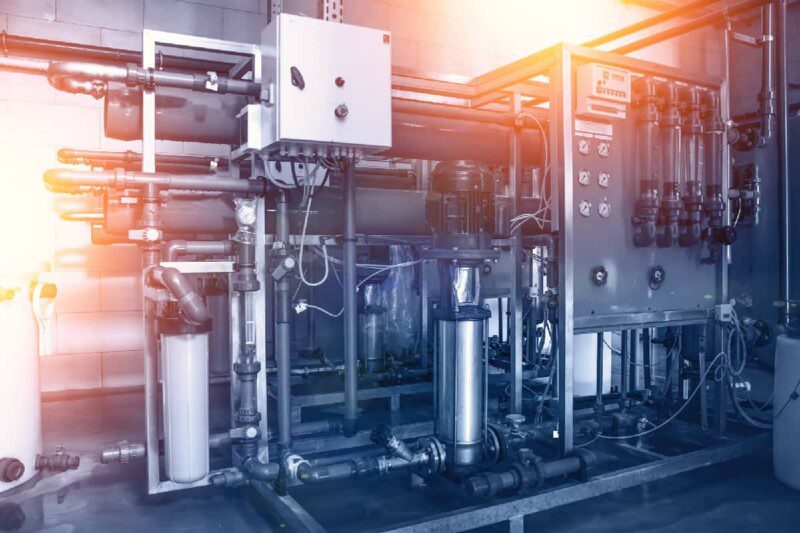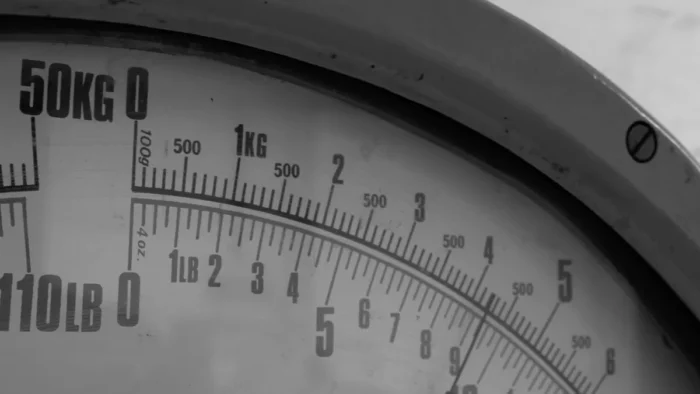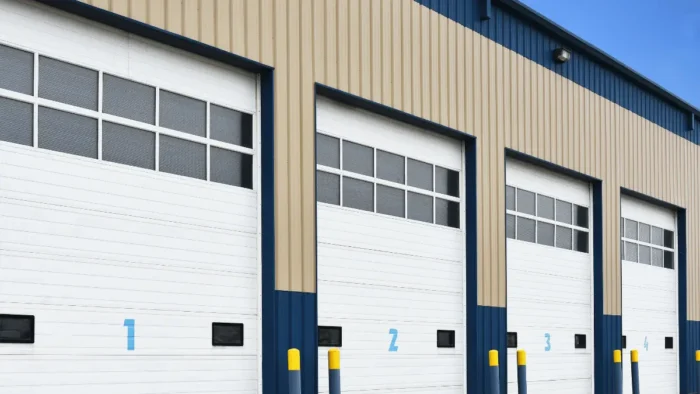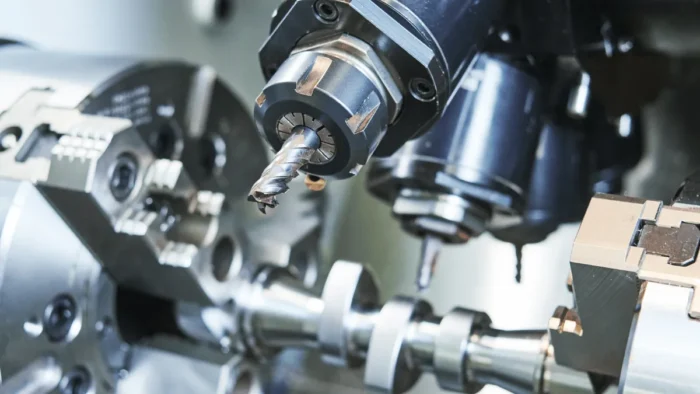Custom machinery has been a part of the industrial landscape for centuries, with the first machines being used during the early days of the Industrial Revolution. Advances in technology and materials have resulted in the development of more sophisticated and efficient custom machinery over the years.
Today, custom machinery is vital in many industries, from automotive and aerospace to food and beverage. Moreover, companies like Milestone Equipment have been leading the way in providing customized machinery solutions for businesses looking to improve their operations. These machines are an essential component of modern businesses, as they help enterprises produce high-quality products efficiently and cost-effectively.
If you’re investing in custom machinery, read on to learn its pros and cons and tips for investing in this equipment.
Pros Of Custom Machinery
Increased Efficiency
Increased efficiency is one of the main benefits of custom machinery. You can streamline operations and cut downtime by having a machine specially made for your company’s requirements and workflow. You can meet demands and stay ahead of the competition due to quicker production times and higher productivity.
For instance, in the automotive sector, custom machinery can help the assembly line move more quickly, enabling businesses to produce cars more quickly and effectively. In the food and beverage industry, custom machinery can improve packaging, lowering waste and boosting overall effectiveness.
Related: How to Make Money Online with Cars
Improved Product Quality
Another significant advantage of specialized machinery is enhanced product quality. When you have a machine that’s custom developed for your company, you can ensure that each product is created to the highest level. Custom machinery can also decrease the possibility of human mistakes, resulting in consistent and dependable output.
Take the aerospace industry as an example. Custom machinery may assist in making aircraft parts more precisely and accurately, enhancing total product quality. Moreover, custom machinery may help manufacture implants and prosthetics in the medical business, ensuring they’re created to the necessary specifications.
Better Safety
When it comes to custom machinery, the focus is on keeping everyone safe. Machinery created to meet particular safety standards is equipped with the necessary safety features and systems to reduce the likelihood of accidents and protect those who use it.
Take a business that operates in a hazardous setting as an example. A machine tailored to these conditions can include protective guards, emergency stop buttons, and fire suppression systems to ensure workers are secure while carrying out their duties.
Aside from being designed to meet specific safety requirements, custom machinery also benefits from improved control and monitoring systems. These systems provide real-time information about the machine’s operation and can warn operators of any potential issues.
Increased Production
If a company produces a unique product, a custom machine can be built to handle the specific requirements of that product. It can lead to improved accuracy, as the machine can be calibrated to handle the exact specifications of the product. It can also result in increased speed, as the machine can be designed to optimize the production process and minimize the time it takes to produce each unit.
Another advantage of custom machinery is that it can help reduce downtime and maintenance. Customized machines are designed and built to meet the company’s specific needs. They’re often made with high-quality materials and more durable and reliable components than off-the-shelf equipment. That leads to fewer breakdowns and repairs, allowing companies to keep their production lines running smoothly.
Cost-Effectiveness
Even though it may cost more upfront, custom machinery can offer cost-effectiveness in the long run. It can help lower overall costs and improve resource utilization by being tailored to a company’s specific needs.
For example, by having a machine designed to handle the exact specifications of a product, companies can reduce the amount of waste produced. As a result, material costs can be reduced, and production efficiency may increase. Custom machinery can also be made to maximize the use of resources. It uses less energy and other resources, further lowering costs.
Additionally, custom machines are built with high-quality components to withstand the demands of continuous use and can last for many years. That helps companies save money over the long term, as they constantly won’t need to replace equipment due to wear and tear.
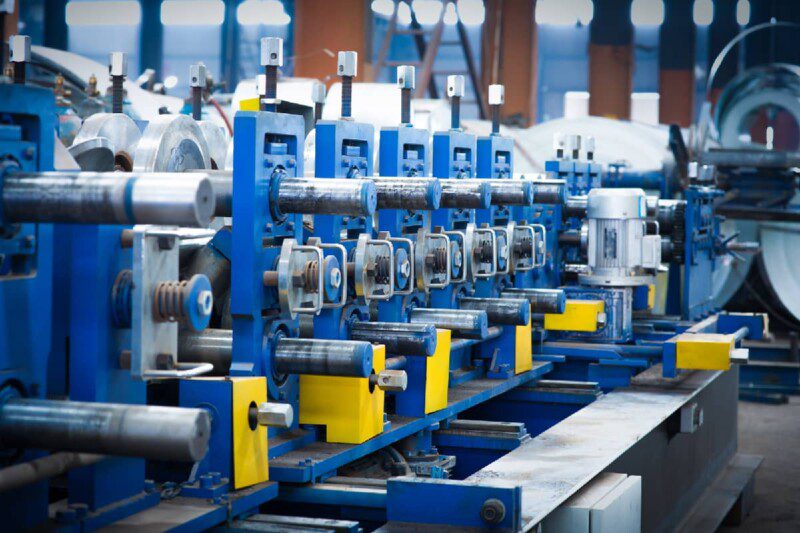
Cons Of Custom Machinery
High Initial Cost
The high cost of custom machinery is a significant drawback. Designing and building a custom machine is pricey and requires a substantial investment upfront. That can put a lot of pressure on a company’s finances, mainly if the custom machinery is just one component of a larger project.
Additionally, the cost of materials and labor must also be considered. These expenses can add up fast, making investing in custom machinery a considerable financial obligation. However, despite the substantial initial investment, some companies have no choice but to opt for custom machinery to meet their unique production needs.
Maintenance And Upkeep Costs
Custom machinery, like any other equipment, requires ongoing maintenance and upkeep to ensure its continued operation. While this is a necessary aspect of owning and using custom machinery, it can also add up over time and become a significant expense for businesses.
Regular maintenance helps extend the life of custom machinery and keep it running at peak performance. That includes regular checks and inspections, cleaning, lubrication, and replacement parts as needed. Custom machinery can experience breakdowns or malfunctions without proper maintenance, resulting in costly repairs or even the need for replacement.
In addition to the cost of regular maintenance, custom machinery may also require periodic upgrades to stay up-to-date with technological advancements. That can add to the overall cost of owning and operating custom machinery, making it a significant investment for businesses.
Although maintenance and upkeep costs are unavoidable in owning custom machinery, they’re a small price to pay for its various benefits.
Limited Flexibility
Since custom machinery is designed specifically for a particular process or need, it means that it may not be suitable for adapting to changes in the market or business operations.
For instance, if a business decides to change the type of product it produces, the custom machinery may no longer be suitable for the new process and may need to be replaced or modified. That can result in high costs, downtime for the business, and the need to retrain employees on the new equipment.
Another issue with limited flexibility is that custom machinery may become obsolete faster than more flexible, standard equipment. As technological advancements continue, custom machinery may no longer be able to keep up without being adjusted.
Tips For Business Owners
1. Work With A Reputable Vendor
When considering purchasing custom machinery, it’s crucial to collaborate with a highly regarded vendor in the field. A vendor with a positive reputation is more apt to supply you with top-notch machinery that fits your unique requirements. Additionally, they’ll be more inclined to provide dependable assistance throughout the machine’s lifespan, which is vital for maintaining its proper functioning and avoiding expensive downtime.
So, how do you determine if a vendor is reputable? There are a few critical factors to look for:
- Years of experience: A vendor with experience in the industry is more likely to have a deep understanding of the market and the machinery they provide.
- Strong reputation: Look for a vendor with a strong reputation in the industry, whether through word-of-mouth, online reviews, or industry awards and recognition.
- Customer references: Ask the vendor for references from past customers, and follow up with these references to better understand their experience.
- Industry certifications and accreditations: Certifications and accreditations from industry organizations can be a good indicator of a vendor’s expertise and commitment to quality.
2. Seek Expert Advice
An expert in the field will be able to provide you with valuable insights and recommendations based on their experience and knowledge. They’ll also be able to help you identify potential issues and find solutions that best fit your specific needs and budget.
Here are some tips to help you find and work with experts:
- Start by doing research: Look for experts with a strong reputation in the industry, and read customer reviews to better understand their expertise and quality of work.
- Get referrals: Ask for referrals from other business owners who have invested in custom machinery. They can provide you with valuable insights and recommendations.
- Schedule consultations: Once you’ve identified a few experts, schedule consultations with them to discuss your specific needs and get their advice on the best course of action.
- Work with a team: It’s always a good idea to work with experts to get a well-rounded and comprehensive perspective on your custom machinery investment.
3. Consider Long-Term Costs
It’s not just the upfront cost that matters when considering investing in custom machinery. Business owners must also consider the long-term costs of owning and maintaining the machinery. These costs include ongoing maintenance and potential upgrades or replacement parts needed down the line.
To properly evaluate long-term costs, it’s essential to consider the projected lifespan of the machine, as well as the cost of any maintenance and repairs that may be necessary. It’s also helpful to research the vendor’s history with supporting their machinery and to factor in any warranties or guarantees offered with the purchase.
Related:
Conclusion
Custom machinery has the potential to be a valuable asset. But it’s necessary to weigh all the factors carefully. The benefits and drawbacks of custom machinery, as well as the tips for making the most of your investment discussed above, can help you make an informed decision about whether custom machinery is the right choice for your business.

